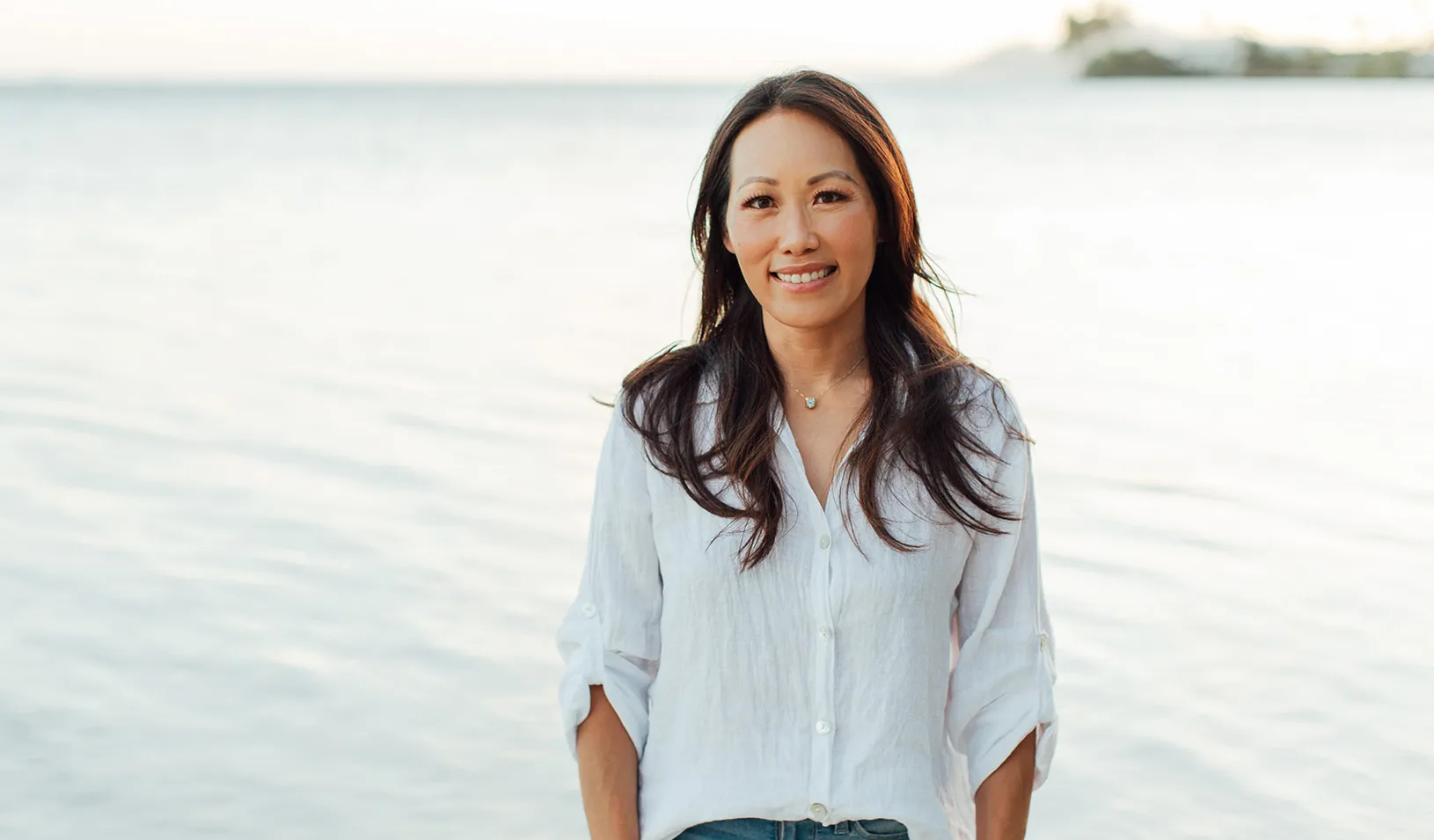
”I learned that true resilience comes from finding an inner sense of self-worth.” | Meagan Suzuki
Fifteen million premature and underweight babies are born annually; one of their biggest problems is staying warm. My team tackled this issue in the Design for Extreme Affordability course at Stanford’s d.school in 2008. The challenge: Build a baby incubator for 1% of the cost of a traditional one. We developed the Embrace incubator, a portable sleeping bag embedded with a phase-change material that maintains a temperature of 98°F without requiring constant electricity.
Editor’s Note
In this ongoing series from Stanford Business magazine, we ask Stanford GSB alumni to reflect on one of their biggest business failures and what they learned from it.
Jane Chenopen in new window, MBA ’08, is the co-founder of Embrace Globalopen in new window. She is writing a memoir that will be published in 2025.
Upon graduating, we created a nonprofit. The founding team spent four years living in India (home to 40% of the world’s premature babies), where we launched the product. Fast-forward 15 years: Our technology has saved over 475,000 babies in 22 countries.
The journey has been immensely challenging. After launching the product, we spun out a for-profit arm to raise private capital to help us scale. We pivoted the business model a few times, including creating a consumer product we hoped would help us reach financial sustainability. We had an acquisition offer for the for-profit business in 2018. Unfortunately, after all the paperwork had been signed, the deal fell through at the last minute. We’d run out of funding and thought we were going to have to shut down the company.
I was in the worst place of my life. I was completely burned out after 10 years of doing this work and decided to take time off to focus on my mental health and well-being.
In the process, I began to confront my past trauma. I grew up in a home with domestic violence. In my relentless efforts to build Embrace, I had never understood what was driving me so hard. I realized that feeling so powerless in my childhood made me want to help the most powerless people in the world. But it turns out healing others does not heal your own wounds. The abuse I experienced made me feel like I wasn’t enough — no matter how many degrees I got, accolades I won, or babies I saved. Unfortunately, we live in a society in which our self-worth is often predicated on external factors: our successes, our failures, how others perceive us.
I tried dozens of healing modalities — from working with world-renowned trauma experts to doing psychedelic journeys. Through the process, I began to learn self-compassion for the first time. I learned that true resilience comes from finding an inner sense of self-worth. I realized I am enough, regardless of my achievements or failures.
A group of investors who believe in our mission saved Embrace. After the pandemic began, we decided to return to a purely nonprofit model. We are now raising donations to give our product to every vulnerable baby in the world. Over the last year, we helped save over 15,000 babies in Ukraine and are donating incubators to other areas affected by humanitarian crises. We’re on track to save 1 million babies by 2025.
Our biggest challenges end up being our biggest allies for personal growth. I started this journey to embrace babies; I ended up on a path of self-discovery and healing so I could also learn to embrace myself.
For media inquiries, visit the Newsroom.



